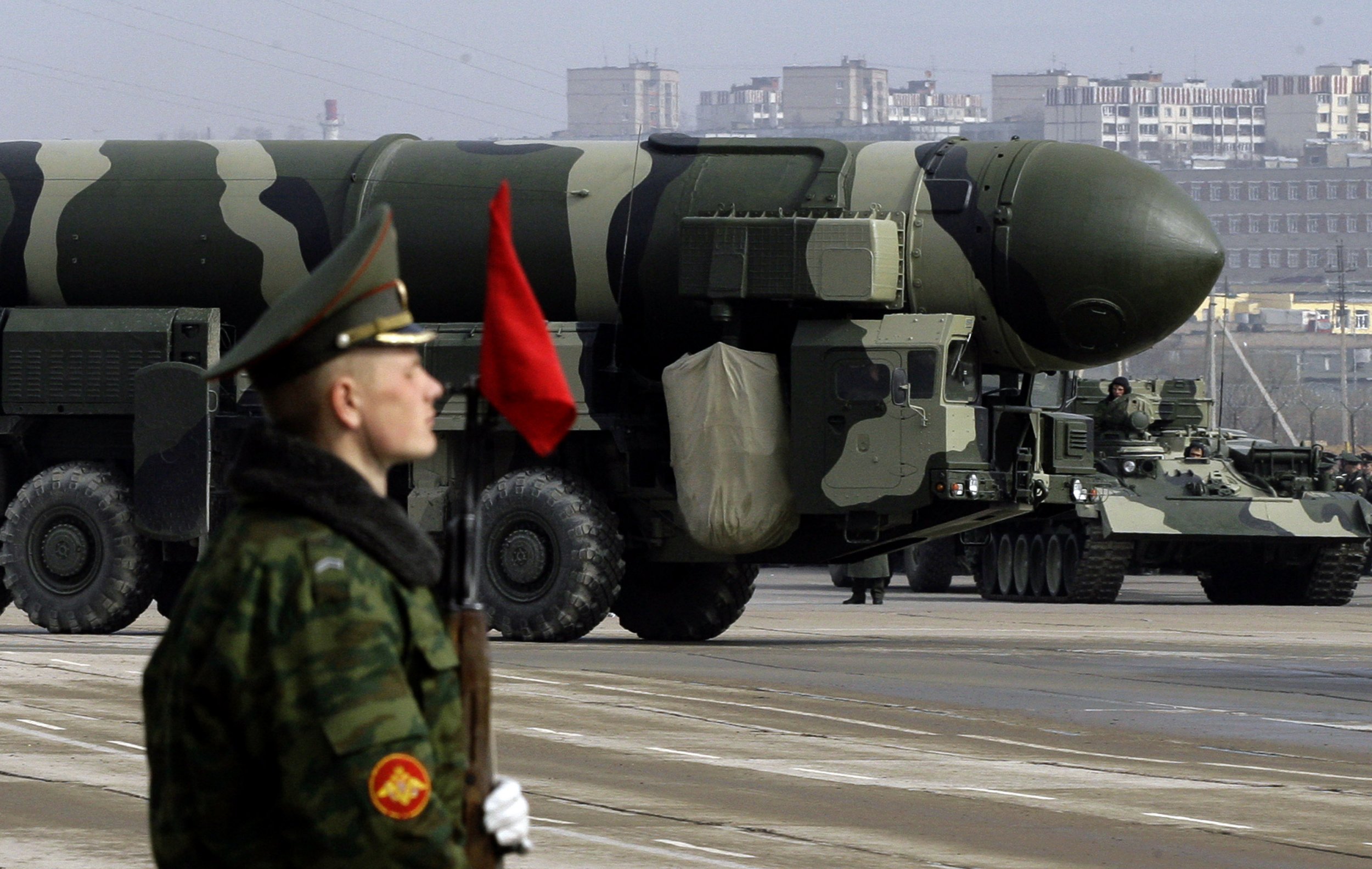
This article first appeared on the Daily Signal.
Almost right out of the gate, the Trump administration is facing its first arms control challenge from Moscow.
Russia has reportedly deployed its new cruise missile in an apparent violation of the Reagan-era Intermediate-Range Nuclear Forces Treaty (INF Treaty), in effect since 1988.
The treaty prohibits the possession of ground-launched ballistic and cruise missiles with ranges of between 500 and 5,500 kilometers. Russia's ground-launched SSC-8 cruise missile has been under development and testing for several years.
Russia initially violated the treaty by testing the missile during Barack Obama's presidency. Despite becoming aware of this apparent violation, the Obama administration did not take any forceful action to bring Russia back into compliance with the treaty, merely sending President Vladimir Putin a letter of concern in July 2014.
The Obama administration was less than forthcoming in discussing the challenges that the INF Treaty violation poses for the United States and its allies. Prior to July 2014, the State Department's annual compliance reports wrongly led Americans to believe there was no reason for concern, even though the missile had reportedly been tested as early as 2008.
The Trump administration must do better.
The missile-range limit of 500 kilometers is significant for U.S. allies in Europe situated close to Russian borders and to Kaliningrad, a Russian enclave that borders Poland and Lithuania. The presence of Russian intermediate-range missiles would considerably complicate any U.S. efforts to defend its allies in the Baltics and Central and Eastern Europe, should Russia decide to violate their territorial integrity.
Such a scenario is not as far-fetched as it might seem. Russia has a recent history of violating other nations' sovereignty and territorial integrity. It also periodically issues nuclear threats against the North Atlantic Treaty Organization (NATO) allies and conducts military exercises that simulate nuclear strikes against Poland.
Gen. Philip Breedlove, Commander of Supreme Allied Command for Europe and of U.S. European Command, said NATO allies are "concerned" over the INF Treaty issue and argued that violations "can't go unanswered."
For its part, Russia accuses the United States of INF Treaty violations. But Russian accusations are baseless. U.S. missile defense systems do not violate the treaty because the treaty itself contains an exception for them.
Neither do U.S. drones violate the treaty, as they are simply not mentioned in the treaty at all.
The Trump administration has a range of options in responding to the Russian treaty violations. The purely diplomatic measures first begun during the Obama administration may not be sufficient enough to address the violation.
Historically, arms control tends to limit how the United States learns about military systems and their interactions in a broader context. This is why terminating the treaty is a viable option.
Currently, Moscow is doing whatever it deems is within its strategic interest, regardless of the treaty, while the United States continues to abide by it. The administration should not ponder any future arms control initiatives and nuclear weapons reduction agreements at least until this issue is resolved.
Michaela Dodge specializes in missile defense, nuclear weapons modernization and arms control as policy analyst for defense and strategic policy in The Heritage Foundation's Allison Center for Foreign Policy Studies.
Uncommon Knowledge
Newsweek is committed to challenging conventional wisdom and finding connections in the search for common ground.
Newsweek is committed to challenging conventional wisdom and finding connections in the search for common ground.
About the writer
To read how Newsweek uses AI as a newsroom tool, Click here.








